
What is A Project? 2025 Basics for Success
Reading Time: 16 minutesYou could be wrong if you think that every work is a project. While all the projects are work, not all work is a project. So, if you want to manage projects, you need to get the basics right. And that includes understanding what a project is and what it includes. We have defined what
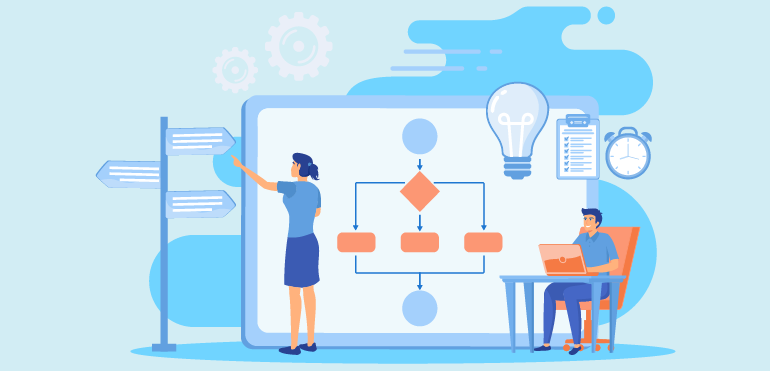
What is Workflow? 2026 Guide to Efficiency & Automation
Reading Time: 15 minutesDo you know that up to 90% of the features in off-the-shelf software workflows are completely unused?That means you’re likely paying for tools you’ll never need, while the ones your team actually needs are missing. Every business process like yours is stuck in a one-size-fits-all straitjacket? You’re not alone in this business game. Let’s start

Hotel Management Software: Customise your Solution to Maximize Profits
Reading Time: 10 minutesManaging a hotel involves countless responsibilities, from reservations to ensuring excellent guest experiences. Balancing these tasks can be challenging, especially in today’s competitive hospitality industry. This is where tailored hotel management software becomes a game-changer. Customised hotel management software offers a solution that automates processes, streamlines operations, and helps you focus on delivering exceptional service.
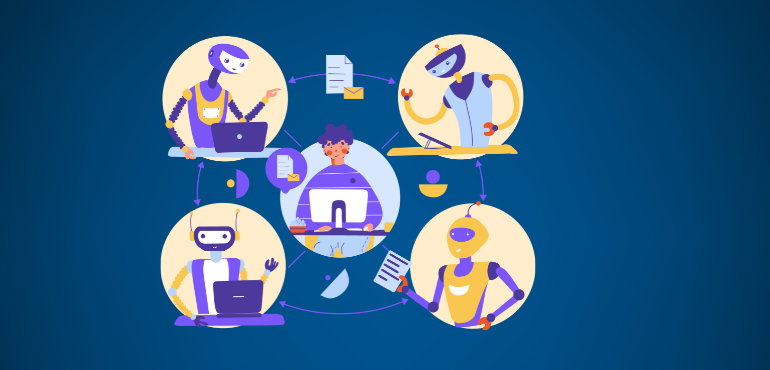
Top 15+ Business Process Automation Examples You Need to Know
Reading Time: 8 minutesBusinesses today face relentless competition; They aren’t just fighting for market share but battling to stay relevant. From rising customer expectations to the need for rapid scalability, inefficiencies are no longer tolerated. The solution? Custom business process automation – the key to streamlining operations, enhancing efficiency, and staying ahead in the game. But most companies fall

Caddie by Quixy: The AI Assistant Empowering Smarter Decisions and Efficiency
Reading Time: 4 minutesResearch shows that customer service agents using AI can handle 13.8% more inquiries per hour, highlighting AI’s potential to boost efficiency across industries. At Quixy, we’ve harnessed this potential to create Caddie, an AI assistant designed specifically for end-users. Caddie is designed to empower end-users—non-technical individuals who rely on applications and data for their day-to-day tasks.

What are Enterprise-Grade Applications? 5 Tips for Building
Reading Time: 9 minutesThere are several interpretations of the concept of “enterprise-grade” infrastructure. Depending on what you consider enterprise-grade for your web application, it may differ from what you would require for ERP, CRM, OLTP, finance, or other business-critical systems. In the cloud era, it is essential to understand what “enterprise-grade applications” means for your critical applications. Increasingly,
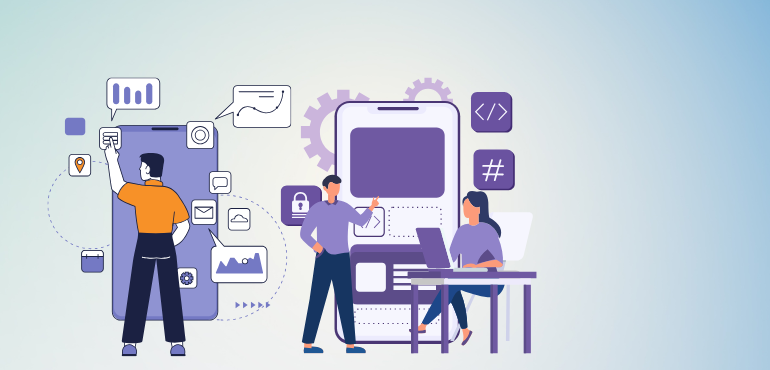
Custom Mobile App Development in 2025: A Comprehensive Guide -Trends & Best Practices
Reading Time: 13 minutesThe mobile app development market is set to skyrocket from $94.4 billion in 2024 to $399.8 billion by 2032, growing at an impressive 22.9% CAGR. Businesses today face the challenge of meeting evolving customer expectations in a highly competitive digital landscape. Mobile apps offer a robust solution by enhancing user engagement, streamlining processes, and driving

Remote Workforce Management 101: The Ultimate Comprehensive Guide
Reading Time: 12 minutesRemote work is a trend that’s here to stay. Nearly 62% of employers reported resistance from employees asked to return to the office. Surprisingly, only 21 per cent of those have reviewed their policies to embrace remote work. Rather than compelling reluctant employees back, adopting remote workforce management software enables higher productivity, flexibility, and engagement.
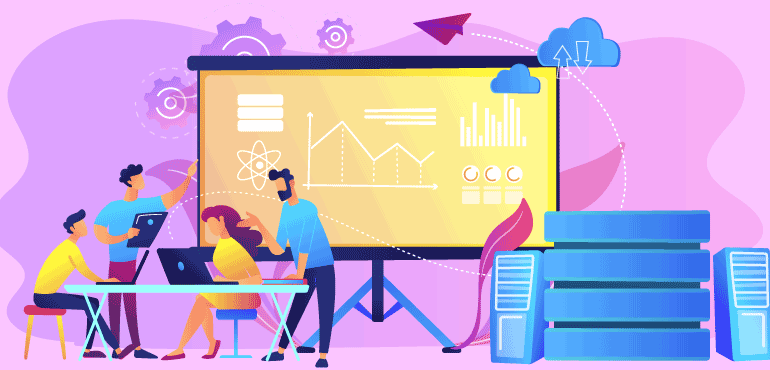
Mastering Collaborative Work Management: Essential Tools and Power Strategies You Need in 2025
Reading Time: 14 minutesTo reinvent themselves, most organizations pursue some form of the digital transformation strategy, including business process improvement initiatives that require cross-functional collaboration. A company’s workplace model changes over time, as do the terms and practices it employs. In recent years, hybrid working – in which employees work from home and in the office – has
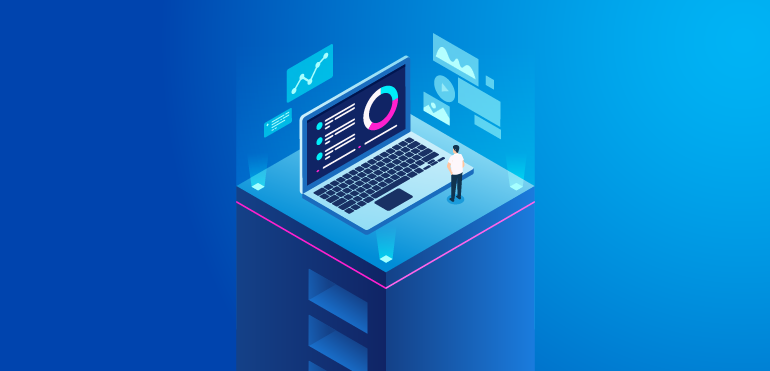
Digital Innovation Demystified: Understanding the Basics
Reading Time: 12 minutesDigital innovation is the buzzword of the century, and rightly so! If there is one thing you need to stay in the game and keep winning, it’s to find new ways, better ways to solve old problems. And the phenomenal benefits of digital innovation are precisely why it’s transforming every industry in remarkable ways. The













